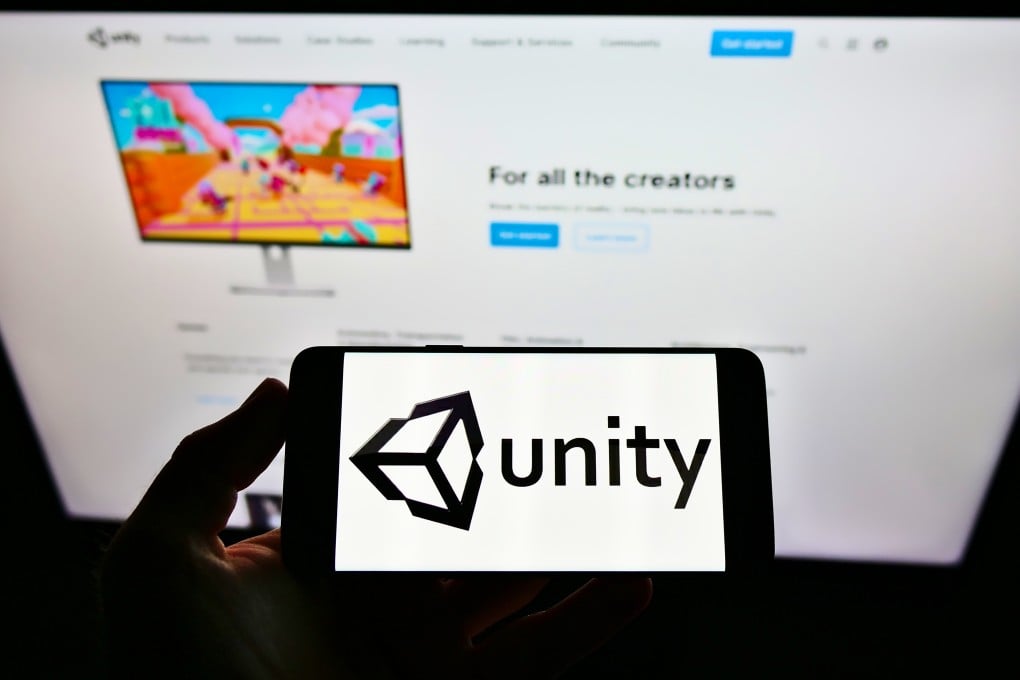Advertisement
Alibaba, China Mobile, Oppo, other tech firms back new US$1 billion joint venture with US video game engine provider Unity
- Joint venture Unity China will initially build customised local versions of the US software firm’s core products for domestic video game developers
- Unity’s cross-platform game engine was used to develop top-grossing titles such as miHoYo’s Genshin Impact and Tencent Holdings’ Honour of Kings
Reading Time:3 minutes
Why you can trust SCMP

China’s video gaming market, the world’s largest, could be poised for a creative kick-start amid a tougher regulatory environment, as a number of tech heavyweights rally behind a new venture by US game engine provider Unity Technologies.
The local investors in the regional joint venture Unity China include e-commerce giant and South China Morning Post parent Alibaba Group Holding, ByteDance-owned Chinese short video service provider Douyin, telecommunications network operator China Mobile, Android smartphone maker Oppo, hit game Genshin Impact creator miHoYo, online games developer G-bits Network Technology and artificial intelligence firm PCI Technology Group, according to a statement posted on Unity’s official WeChat account on Tuesday. Financial terms were not disclosed.
This initiative will enable Unity to not only increase competition with larger rival Epic Games in China, but tap new opportunities in the nascent metaverse market, where it has an advantage in the virtual reality (VR) and augmented reality (AR) fields, said Zhang Shule, an analyst at Beijing-based research institute Kandong.
Advertisement
Unity China, which is valued at US$1 billion, will initially build customised local versions of the firm’s core products for the country’s video game developers, according to a statement published on Tuesday in the San Francisco-based company’s website. The Unity cross-platform game engine was used to develop top-grossing titles such as Genshin Impact and Tencent Holdings’ Honour of Kings.

“Unity believes that China’s gaming industry will still have broad growth in the future, and gaming technology will undoubtedly continue to lead the development of real-time 3D engines, which will also promote the development of other industries,” Zhang Junbo, Unity China’s president and chief executive, told the South China Morning Post.
Advertisement
Advertisement
Select Voice
Select Speed
1.00x